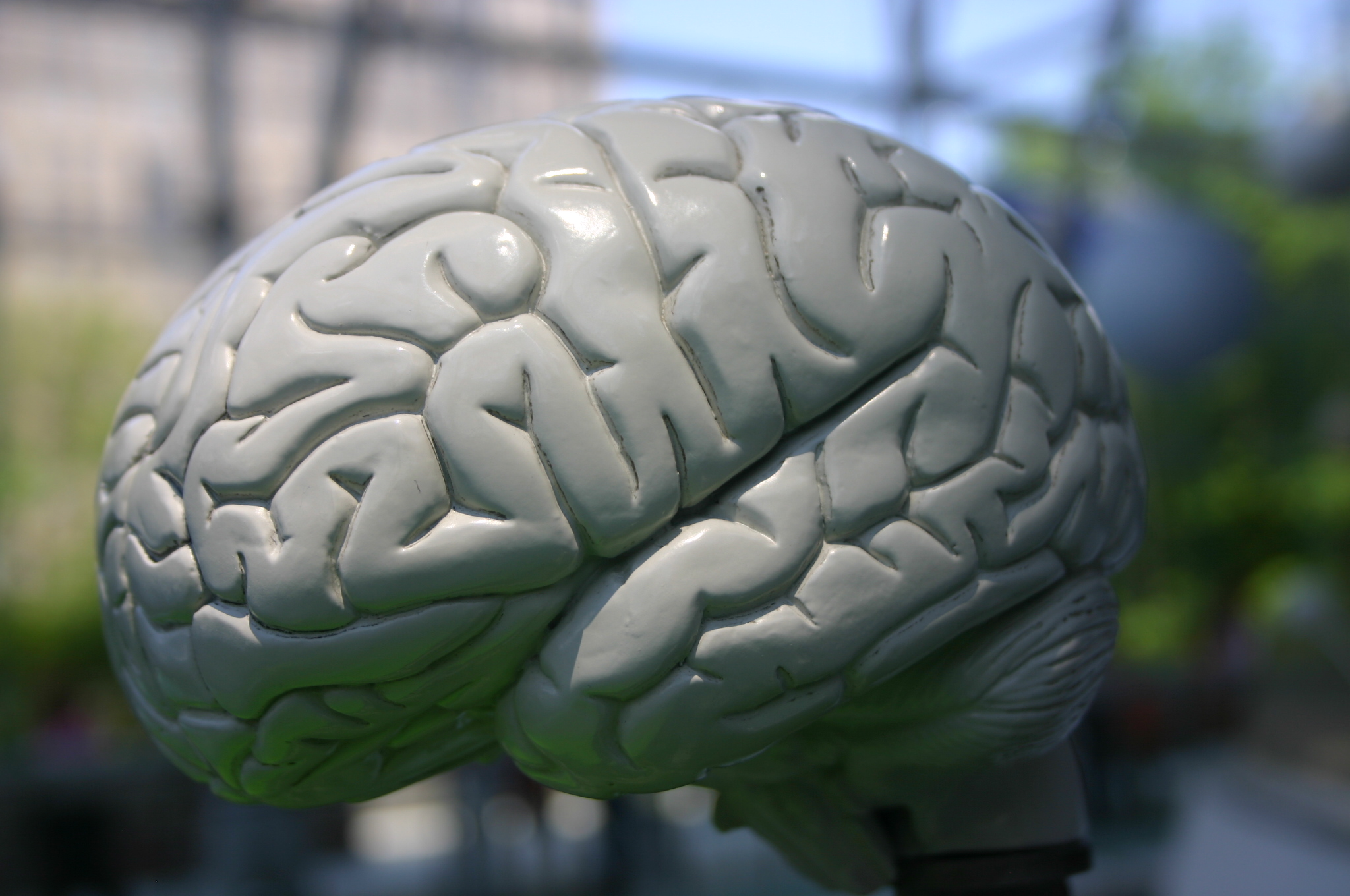
WEDNESDAY, Sept. 18 (HealthDay News) — E-readers such as Kindles and Nooks can make reading easier for some people with dyslexia, according to a new study.
The short lines of text in e-readers, not the device itself, make the difference, according to Mathew Schneps, from the Harvard-Smithsonian Center for Astrophysics, and colleagues.
Dyslexia is a reading disability that affects as many as one in five Americans. For this study, the researchers compared the reading comprehension and speed of more than 100 dyslexic high school students when they read text on paper and e-readers. Those who struggled most with sight-word reading had faster reading speed on the e-reader than on paper.
Students with limited visual attention had better comprehension of the text on e-readers than they had on paper, according to the study, which was published Sept. 18 in the journal PLoS One.
The findings suggest that short lines with fewer words, as displayed on e-readers, may help some people with dyslexia focus on individual words by removing additional, potentially distracting text on the same line, the researchers said in a journal news release.
More information
The U.S. National Institute of Neurological Disorders and Stroke has more about dyslexia.
Copyright © 2025 HealthDay. All rights reserved.

